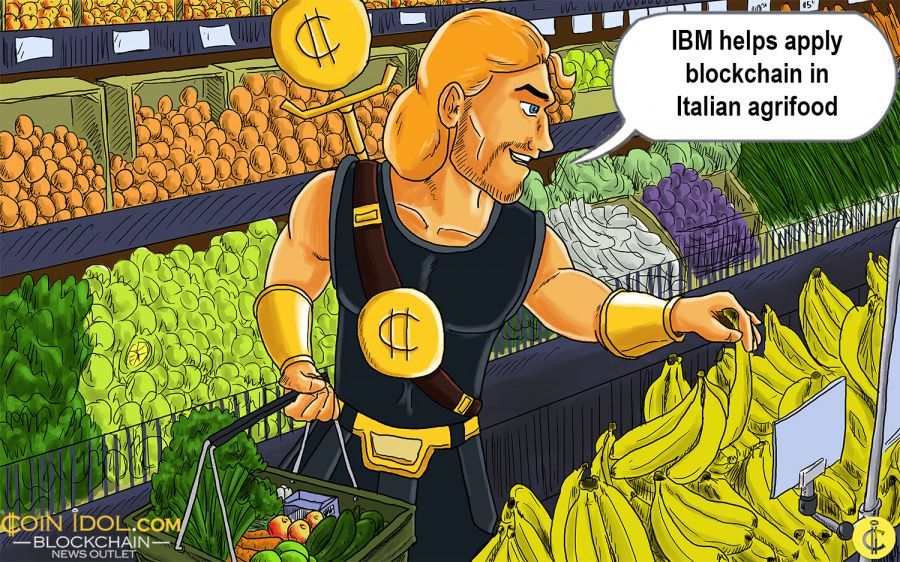IBM and Coop to Apply Blockchain in Tracking Food Supply Chain
Updated: Jul 19, 2020 at 22:22

Coop and IBM today announced the first results of a journey that began a year ago, with the launch of a "Call for Ideas" dedicated to the application of blockchain technology to the food chain and in particular to the production of Made in Italy brand eggs.
The Blockchain and distributed ledger technology (DLT) is now being used to monitor organic eggs and other Agrifood products in Italy. Giant companies are trying to use disruptive technologies to increase food safety hence improving people’s standards of living. The system is based on Hyperledger Fabric and allows full transparency and visibility of the different players in the supply chain and now involves a total of 2 million hens.
Using DLT in Food Safety
The developed solution, based on Hyperledger Fabric, a framework of the Linux Foundation, and hosted on IBM Cloud, allows full transparency and visibility of the various actors involved in the production chain of Coop brand eggs and involves a total of 2 million hens for over 200 million eggs produced per year.
The consumer, by scanning the QR Code printed on the new package and entering the specific code of the lot, can discover the history of the product and go back from the point of sale to the breeding, identifying not only the territory from which the egg comes, but also the incubator from which the hen was born.
Consumers can confirm irrefutably that the eggs have been produced in full compliance with animal welfare requirements, never caged, and without the use of antibiotics. All this is certified by two independent third-party organizations and demonstrates compliance with all the laws and additional requirements set by Coop Italia.
Applying the blockchain in the egg supply network is a further step forward in a process of transparency that distinguishes Italian food products such as carrots, fruits and vegetables, milk, palm oil, and also demonstrates the best practices related to eggs.
In July, in several stores in Italy, over 1,000 consumers were interviewed on the importance of transparency in the supply chain and on the experience made by reading the QR code to obtain detailed information.
Fighting Counterfeits in the Markets
Among the buyers of live green eggs, all those who used the QR Code expressed very high levels of satisfaction and interest both for the scan test done in the store and at home.
The interview showed that consumers are clearly aware of the importance of transparency in supply network information, particularly with regard to eggs, which gives blockchain trust and credibility.
The use of Blockchain technology, despite having little penetration for now, demonstrates a further commitment by the government towards innovation, to make information on the supply network even more secure and transparent.
The very nature of the blockchain, and the intrinsic trust it offers, is an ideal platform from which to build a network for food transparency. Built on open standards, it is also a platform for innovation and collaboration, bringing together different professionals with the common goal of building consumer confidence.
The egg chain developed is a great example of how blockchain technology can better inform consumers about the food they choose, buy and eat and demonstrate transparency along the entire supply chain.
Price
News
Price
News
Price

(0 comments)